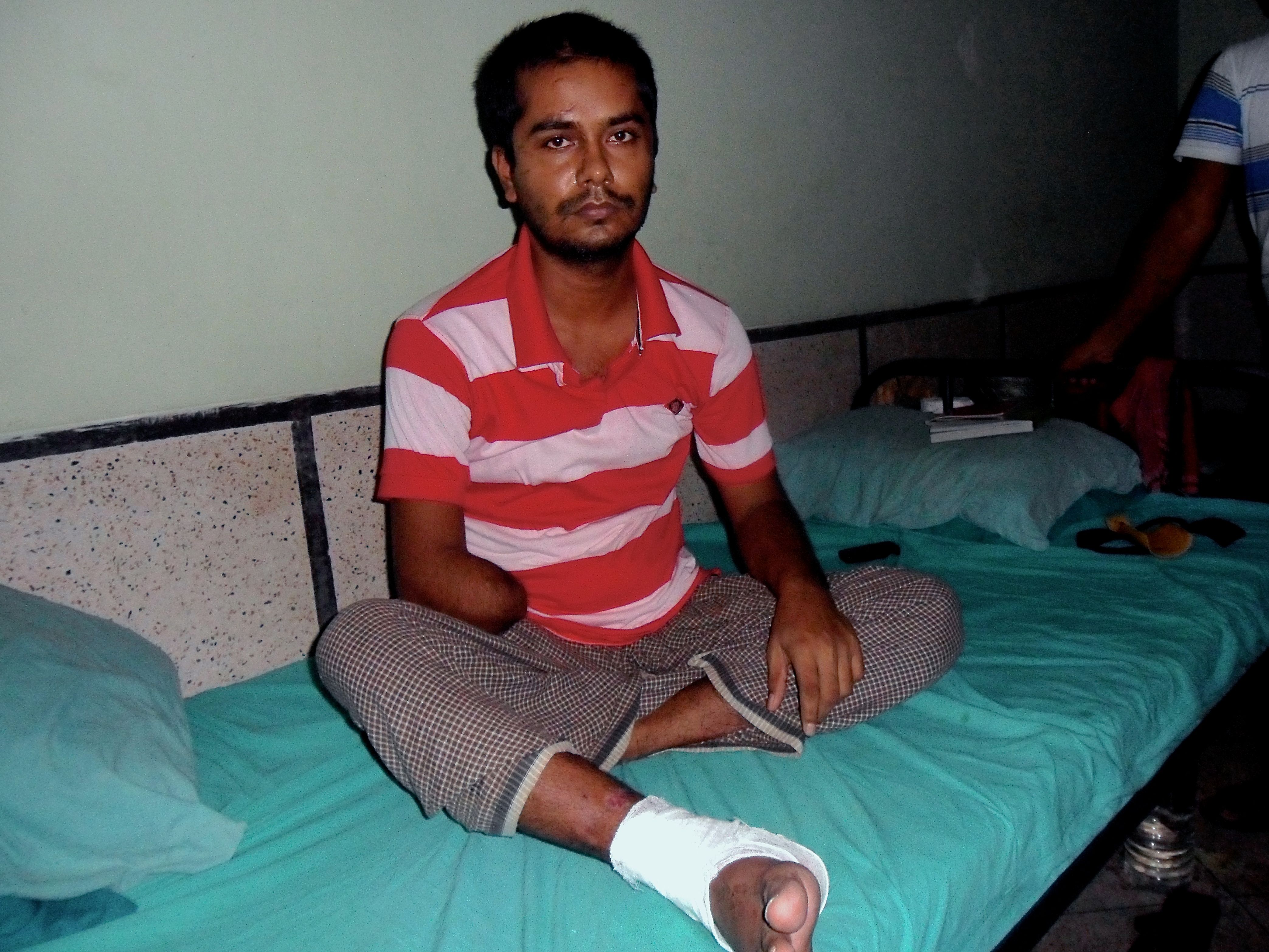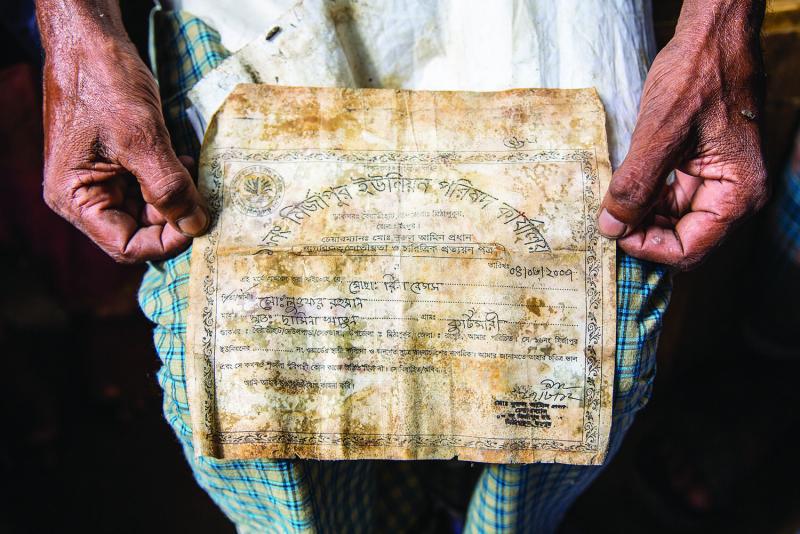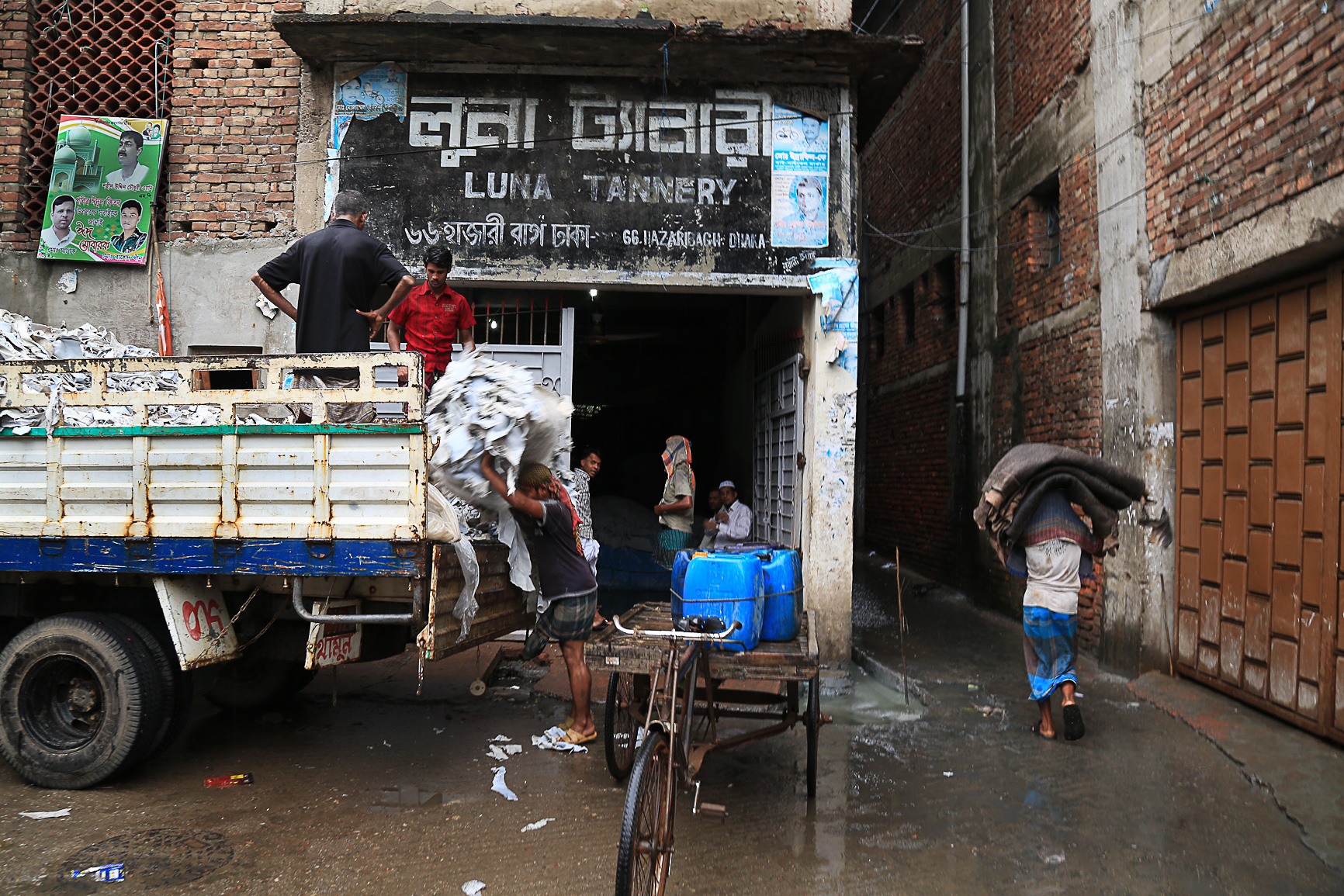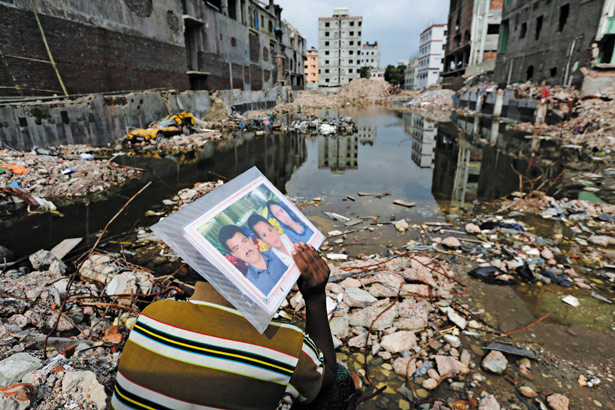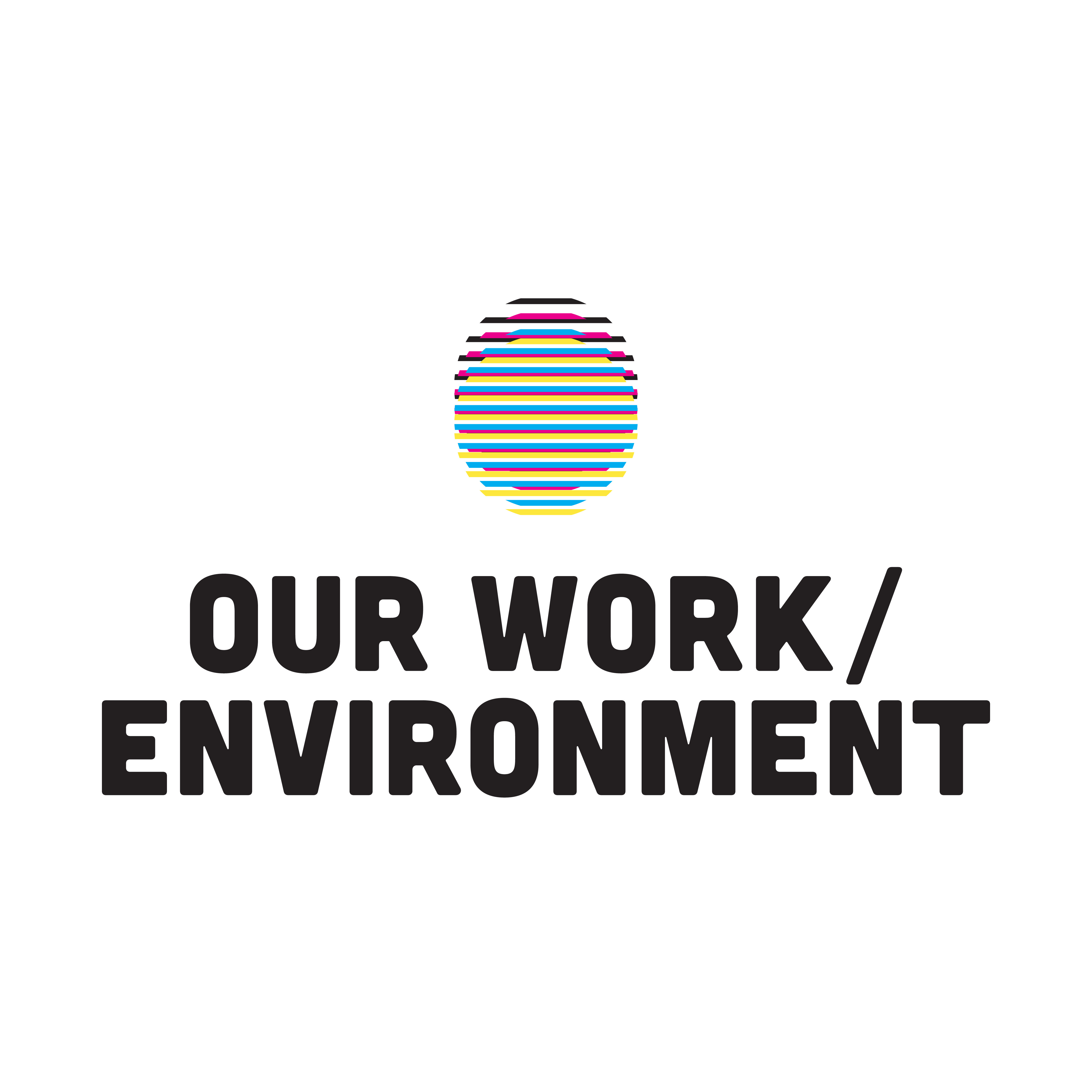
Bangladesh is the world's second largest garment exporter thanks to rapid production and rock bottom prices. But global demand for fast fashion has come at the expense of poor, uneducated workers who toil at the lower end of the supply chain.
On April 24, 2013, the dark side of the industry was laid bare with the collapse of the Rana Plaza building, the worst accident in the history of the garment industry. Gross negligence by authorities, factory owners and foreign brands cost more than 1,200 lives, stirring international outrage — and action. After years of dodging reforms, fierce public pressure has compelled global retailers to invest in safety upgrades to prevent future tragedies.
So far, more than 70 top companies have signed a legally binding fire safety accord that commits them to long-term improvements and greater transparency. But some top American firms are holding out, and there is enduring concern that once the Rana Plaza story blows over, the industry will revert to its old ways. Will the fallout be a turning point for garment workers, or a lull before more of the same?
Jason Motlagh travels to Bangladesh to reconstruct what happened at Rana Plaza and the systemic forces that precipitated a disaster. By weaving together the stories of victims and eye witnesses, government officials and garment industry players, he documents the human cost of fast fashion and the lessons that must not be forgotten.
-
×
 English
English

